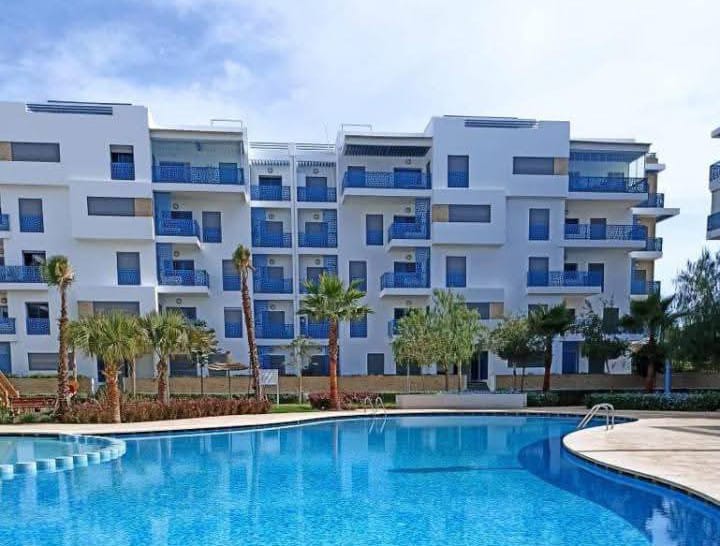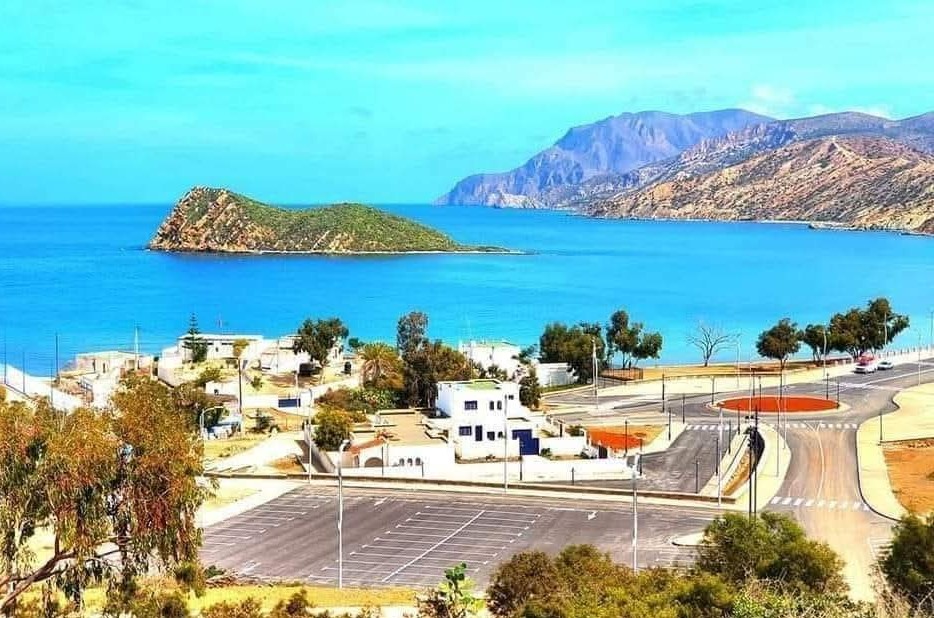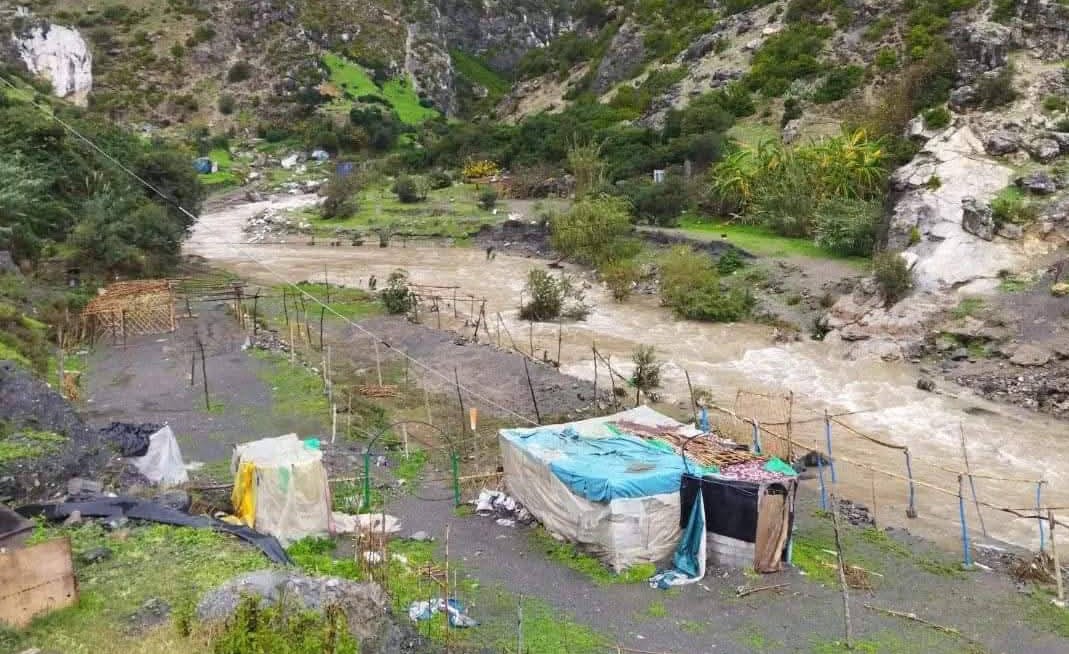Casablanca – As Morocco prepares to host high-profile international events such as the 2025 Africa Cup of Nations (AFCON) and the 2030 FIFA World Cup (co-hosted with Spain and Portugal), the government is accelerating reforms to modernize and regulate the tourism accommodation sector. A new set of regulations recently published in the Official Gazette marks a significant step in reshaping the hospitality landscape, with the goal of aligning national standards with international best practices and improving the overall tourist experience.
The Ministry of Tourism, Handicrafts, and the Social and Solidarity Economy has introduced five key regulatory decrees that implement critical aspects of Law No. 14-80, originally adopted in 2015. These decrees form part of a broader strategy to ensure that Morocco can accommodate a growing influx of international and domestic tourists expected over the next five years.
A unified and internationally aligned classification system
Central to the reform is the introduction of a unified star-based classification system for all types of tourist accommodation. Previously, establishments such as guesthouses, tourist residences, and hotel clubs operated under distinct and sometimes inconsistent classification frameworks. Under the new rules, all accommodation providers—including traditional Moroccan riads and kasbahs—will be evaluated using a simplified, globally recognized star-rating system.
This change is intended to offer greater transparency and comparability for visitors, who can now make more informed choices based on internationally familiar standards. The new system will also help operators better position their services and identify areas for improvement.
According to the ministry, this classification will take into account not only infrastructure and amenities but also the quality of service, which will play a more central role in the evaluation process. To support this, trained experts will conduct regular mystery visits to establishments using an evaluation grid of up to 800 criteria, developed in partnership with the UN World Tourism Organization.
Periodic renewals and monitoring
Unlike the previous system where ratings could remain unchanged for extended periods, the new classification model is designed to ensure continued compliance. Newly rated establishments will receive a seven-year rating, which must be renewed every five years thereafter. Periodic audits will verify that accommodation providers maintain required standards throughout the validity period.
Innovation in high-end hospitality investment
Another key feature of the reform is the introduction of Attached Real Estate Residences—a hybrid model that blends hotel services with private property ownership. This mechanism allows investors to build villas or high-end units that are sold to individuals but remain under hotel management. Initially limited to five-star and luxury hotels, the model is expected to attract new investment by meeting the growing demand for exclusive, experience-based stays.
By enabling this kind of product diversification, the government aims to strengthen the country’s appeal to affluent travelers while offering more sustainable investment opportunities for developers.
Transition period for industry adaptation
To allow the sector time to adjust, the government has granted a 24-month transition period. During this time, hospitality operators are expected to upgrade their facilities, train staff to meet the new service quality standards, and prepare for classification audits. The transition is also intended to support the integration of currently informal or unregistered actors into the formal economy.
Expanding the scope to alternative and digital accommodation
Future regulations will further broaden the scope of the new framework by including bivouacs (mobile camps), homestay lodging, and alternative forms of accommodation such as eco-cabins or repurposed shipping containers. These measures will also extend to offers listed on digital platforms like Airbnb and Booking.com, with the goal of ensuring consistent quality and safety across all booking channels.
By bringing these emerging segments under regulatory oversight, Morocco aims to balance innovation with quality control, while providing tourists with a wider variety of secure and reliable lodging options.
A strategic move toward global tourism competitiveness
Tourism Minister Fatim-Zahra Ammor has described these regulatory updates as a “turning point” for the Moroccan tourism sector. She emphasized that the decisions are the result of a collaborative process with industry stakeholders and reflect the government’s commitment to positioning Morocco among the world’s leading tourist destinations.
With tourism playing a vital role in the national economy—and with the spotlight turning toward Morocco in the lead-up to AFCON 2025 and the World Cup in 2030—these reforms are expected to enhance the quality, reliability, and appeal of Moroccan hospitality infrastructure.
These measures are designed to deliver a more competitive, diversified, and inclusive accommodation offering, helping to attract more tourists, stimulate domestic travel, and promote long-term growth in the sector.
















